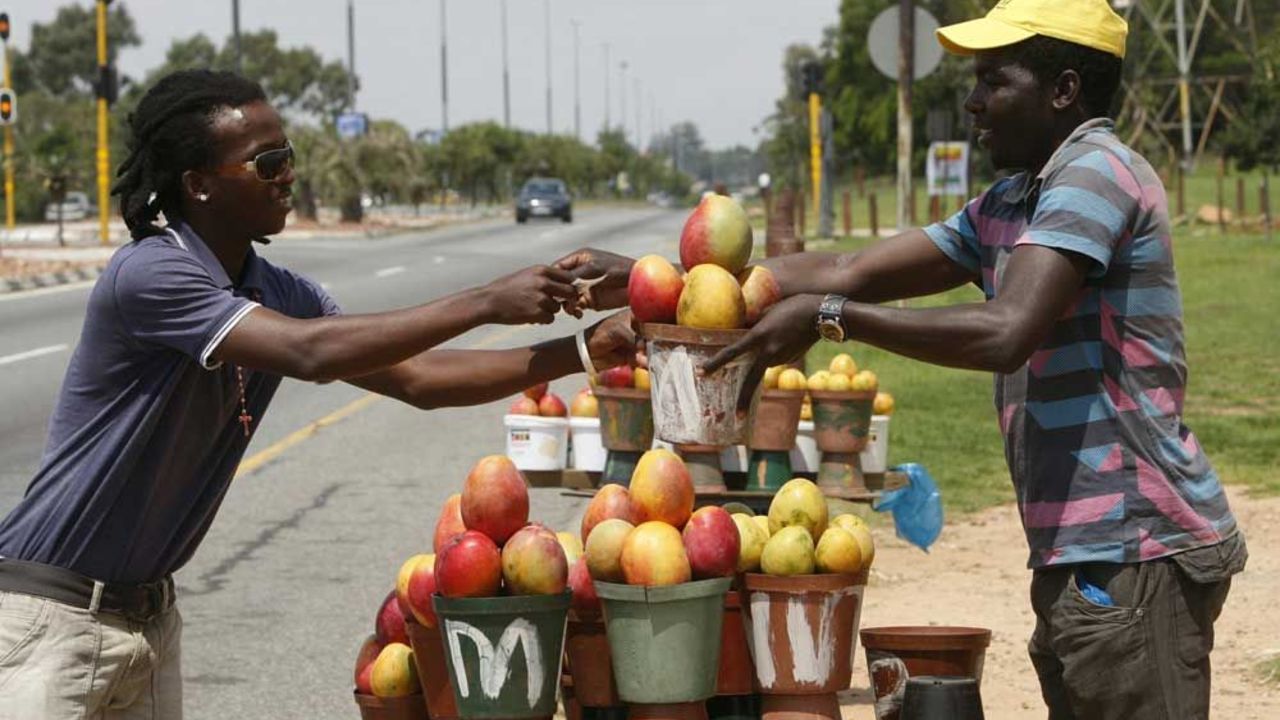
Africa’s economic landscape is not solely defined by its formal sectors; rather, it thrives on the bustling energy of its informal economy. Comprising small businesses, street vendors, and informal traders, this sector serves as a lifeline for millions, especially in urban areas where opportunities are often scarce. Despite operating outside conventional frameworks, the informal economy plays a crucial role in sustaining livelihoods and fostering resilience within communities across the continent.
Empowering Communities Through Informal Ventures: In bustling marketplaces and bustling streets, Africa’s informal economy is alive with activity. From artisans crafting handmade goods to street food vendors offering local delicacies, these micro-enterprises empower individuals to generate income and provide essential goods and services to their communities. The flexibility and adaptability of informal businesses enable entrepreneurs to respond swiftly to local demands, contributing to economic dynamism and social cohesion.
Driving Employment Amidst Challenges: In a region where formal employment opportunities can be limited, the informal economy serves as a vital source of employment. According to recent estimates, the informal sector employs over 70% of Africa’s non-agricultural workforce, offering livelihoods to millions who might otherwise struggle to find work. From roadside mechanics to mobile phone repair shops, these ventures not only create jobs but also nurture skills and entrepreneurship within local communities.
Challenges and Resilience: However, operating within the informal economy comes with its share of challenges. Informal businesses often face regulatory hurdles, limited access to finance, and vulnerability to economic shocks. Yet, despite these obstacles, entrepreneurs in the informal sector exhibit remarkable resilience, adapting to changing circumstances and finding innovative solutions to sustain their businesses.
Harnessing Potential for Growth: Recognizing the vital role of the informal economy, policymakers and development organizations are increasingly exploring ways to harness its potential for inclusive growth. Initiatives aimed at providing access to finance, improving infrastructure, and formalizing informal enterprises are gaining momentum, aiming to unlock opportunities for sustainable development and poverty reduction.
Africa’s informal economy is not just a supplement to formal sectors; it is a vibrant and dynamic force driving economic activity and livelihoods across the continent. From bustling marketplaces to street corners, the entrepreneurial spirit thrives, offering hope and opportunity to millions. As efforts to support and formalize informal enterprises continue to grow, there is potential for even greater economic empowerment and resilience within African communities.
